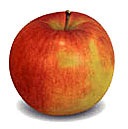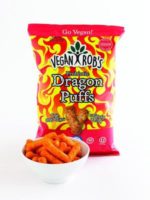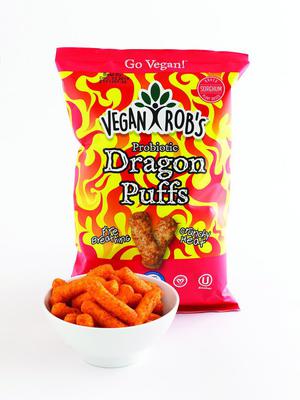Over and over again “healthy living” articles, magazines, and newsletters remind us that we need to consume “probiotics” for a healthy gut. Sounds good but exactly what is/are probiotics?
Probiotics are live bacteria and yeasts that are found in our digestive system and are often called “good” or “helpful” bacteria because they help keep our gut healthy. (WebMD)
Yes, you can take probiotic supplements, many of which are costly; however, there are readily available foods that contain probiotics. In fact, you are probably eating or drinking them already:
- aged cheeses
- kefir
- traditional buttermilk (must not be cultured)
- dairy yogurt and non-dairy yogurt
- fresh, sour dill pickles
- kimchi
- kombucha
- miso
- natto (made from fermented soybeans)
- sauerkraut
- tempeh
- water or brine-cured olives
Does this sound like what’s in your refrigerator?
“An Apple a Day” Takes on New Meaning
 A new study recently published in Frontiers in Microbiology tells us that apples contain as many as 100 million healthy bacteria like Lactobacillus. It also tells us is that to get the benefit of all those bacteria, we have to eat the whole apple including the skin and core.
A new study recently published in Frontiers in Microbiology tells us that apples contain as many as 100 million healthy bacteria like Lactobacillus. It also tells us is that to get the benefit of all those bacteria, we have to eat the whole apple including the skin and core.
If you eat peeled and cored apples you miss out on 90% of the bacteria in your apple. Who knew?
Go Organic!
“Freshly harvested, organically-managed apples harbor a significantly more diverse, more distinct bacterial community compared to conventional ones,” says Professor Gabriele Berg, of University of Technology, Austria, senior author of the study linked above.
We Recommend…
In your search for more probiotics in your diet, follow these recommendations:
 Eat organic. Study after study have discovered that organic produce often contains more nutrients, vitamins, and healthful bacteria than conventionally grown produce.
Eat organic. Study after study have discovered that organic produce often contains more nutrients, vitamins, and healthful bacteria than conventionally grown produce.- Eat raw and unprocessed. Products that have been baked, filtered, or pasteurized – like sourdough bread, beer, and wine – do not contain live probiotics. Sorry folks…
- Avoid convenience and snack foods. Trust me, Probiotic Dragon Puffs (winner of the Specialty Food Association 2019 sofi™ Award for savory snack) is not going to be your best source for healthful bacteria!
- Make your own. Yogurt, pickles, kombucha, and kimchi are not difficult to make, nd it can be fun to experiment with flavors and vegetable/fruit combinations.
The Fine Print
Researchers are continually doing new studies on the benefits of probiotics, testing everything from their effect on the common cold to their ability to reduce inflammatory bowel disease symptoms. While researchers do not know which specific dosages or food types can deliver the best results, incorporating probiotic foods into the diet could help improve digestion.
(Probiotic foods: What to know, Medical News Today)
About GoodFood World
You may run across GoodFood World at farm days, food shows, food manufacturing plant tours, grain mills, grocery stores, and restaurants. Why? We are looking for the strengths in our food system to highlight and promote the “good guys” and system weaknesses to shine the light of transparency on the “bad actors.”
Here’s how you can do your part:
- Let us know what’s going on in your area by emailing us links, announcements, and recommendations. If we can, we’ll be there.
- Go to our website – explore and discover nearly 10 years worth – thousands! – of articles, book reviews, profiles, and more.
- Sign up for our newsletter.
- Follow us on Facebook.
- Contact us to discuss our custom business and planning services.
- Make a donation to help defray some of our costs and become a part of the Good Food World!

